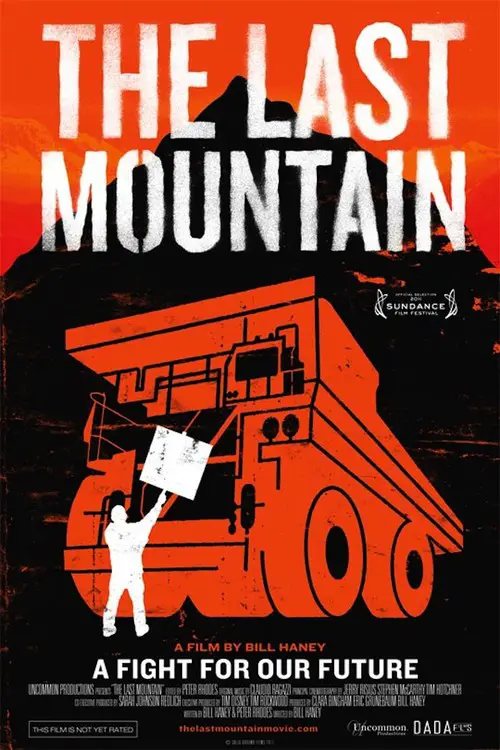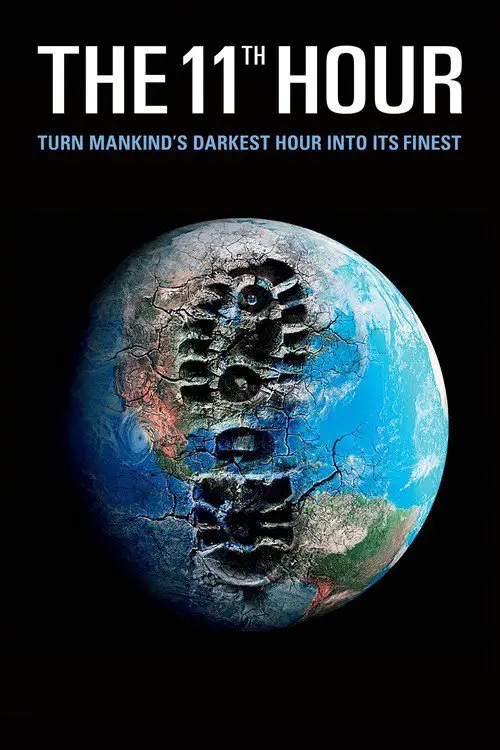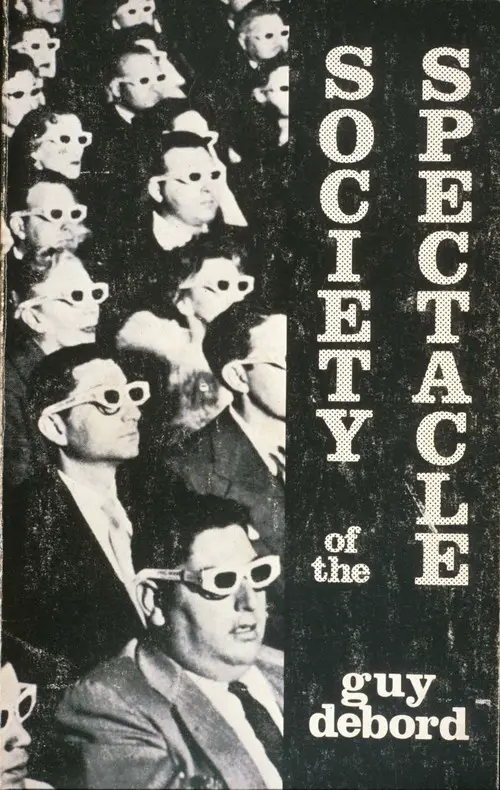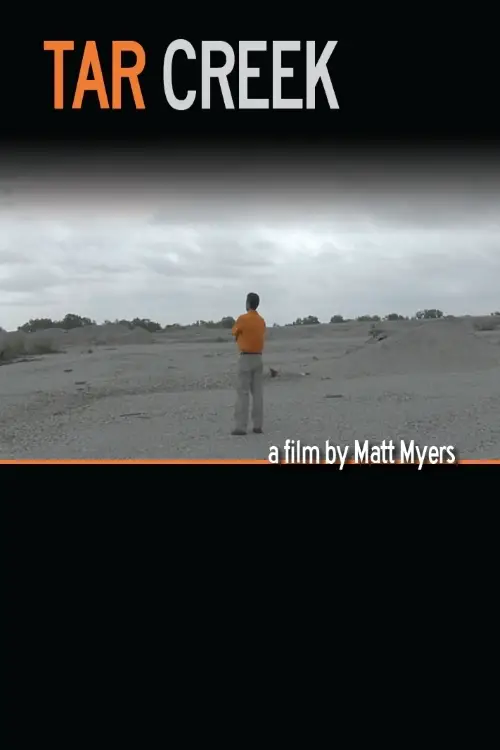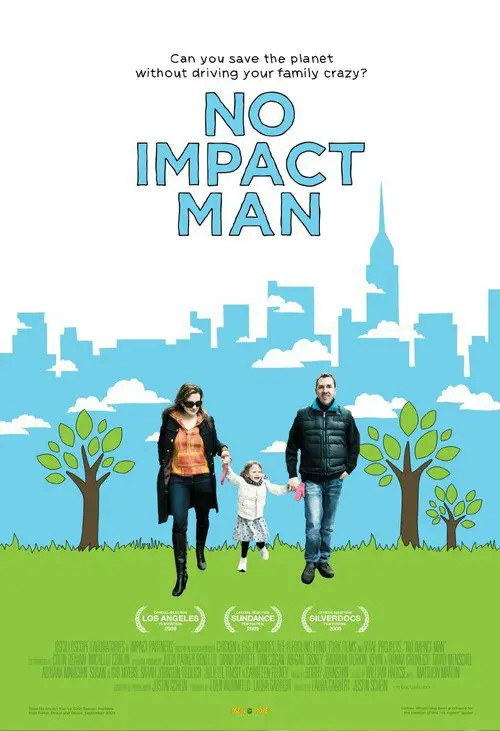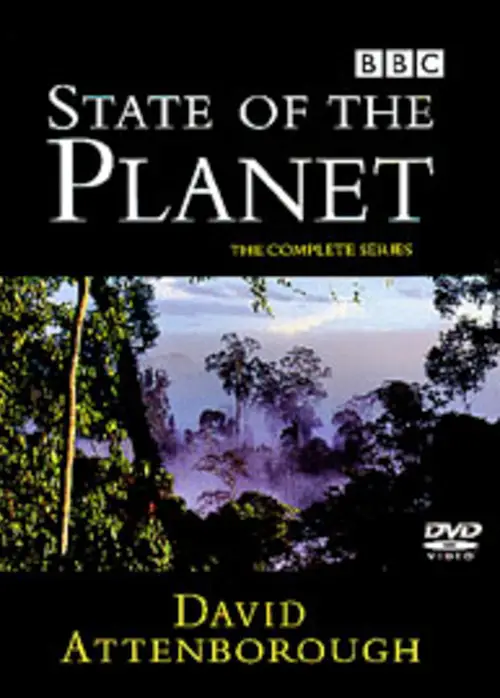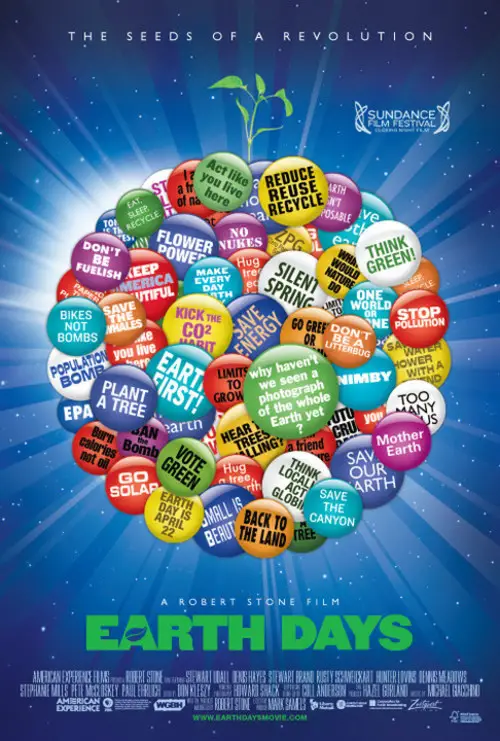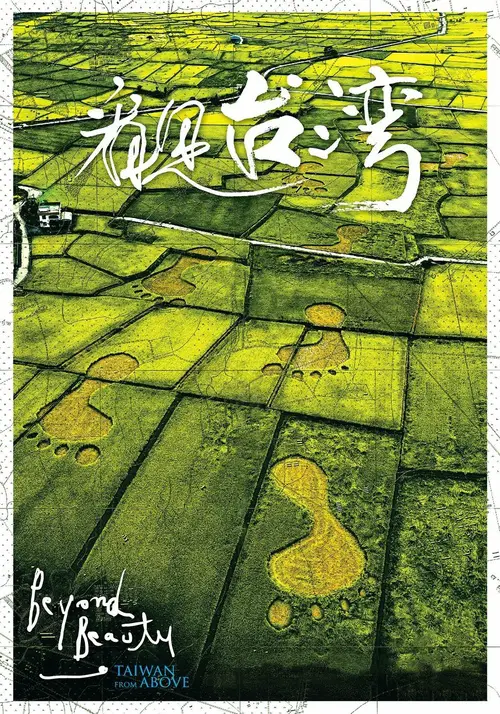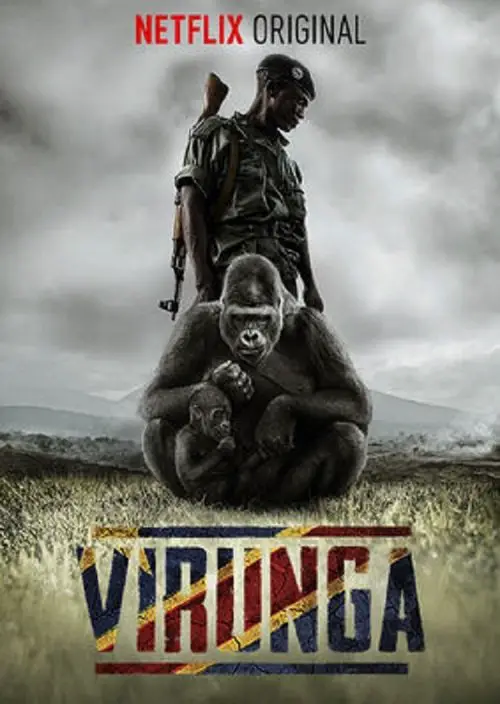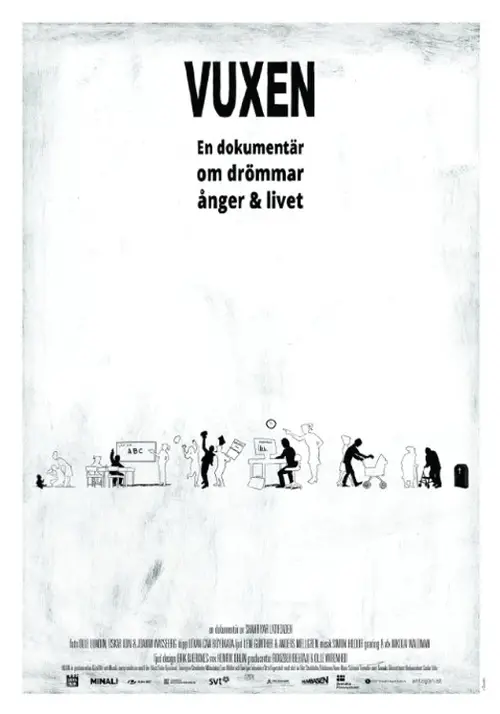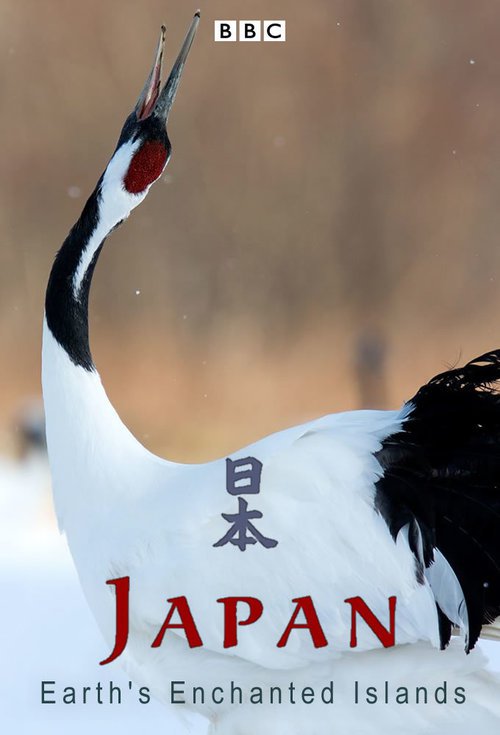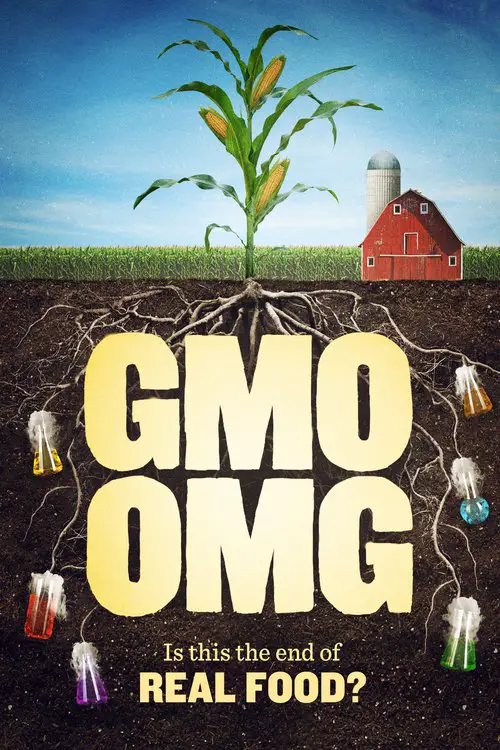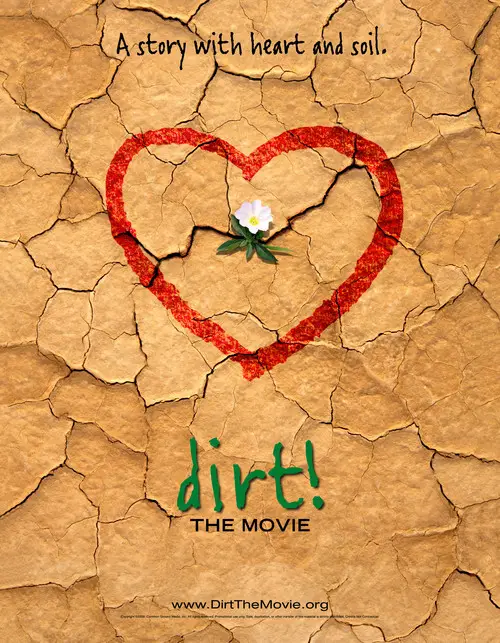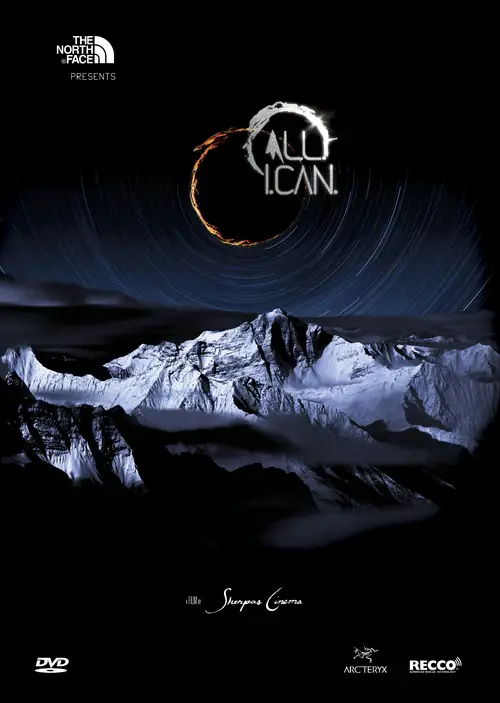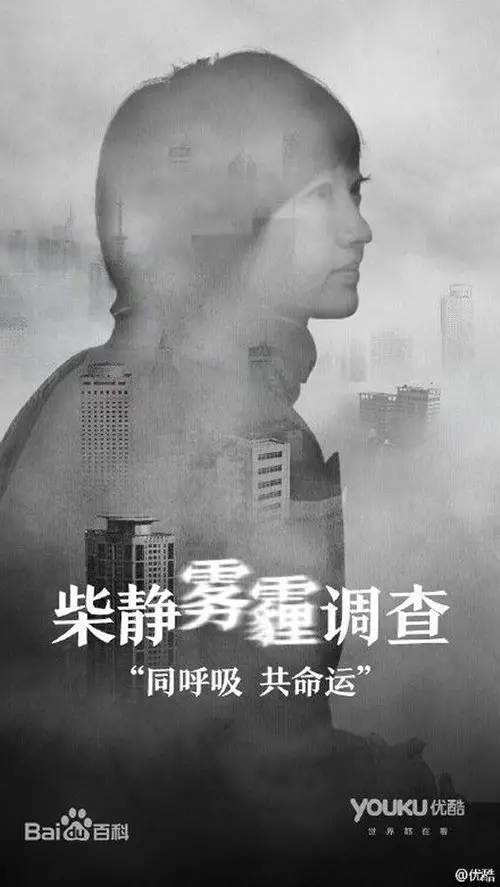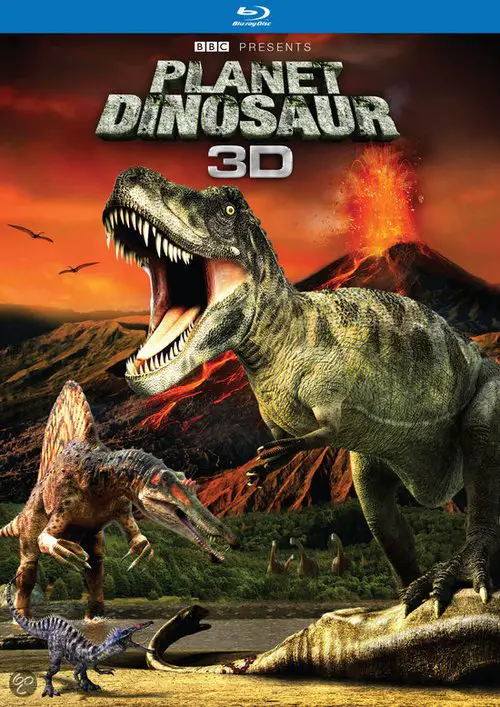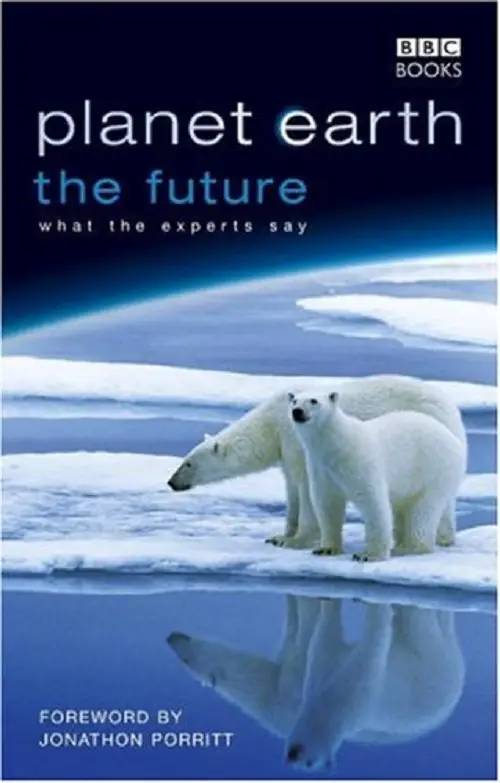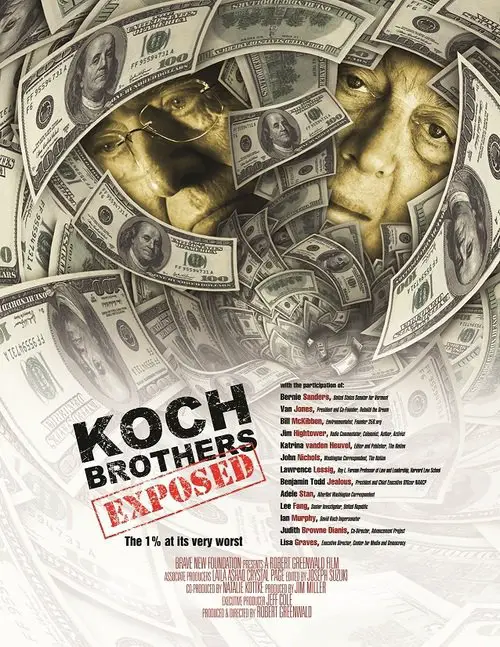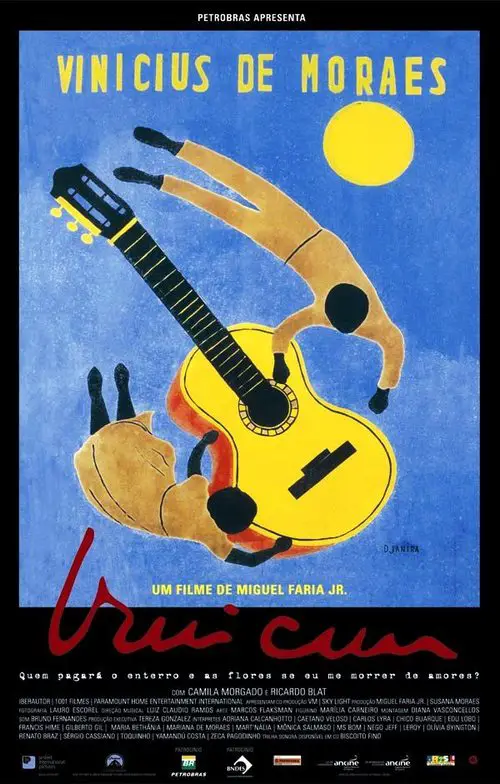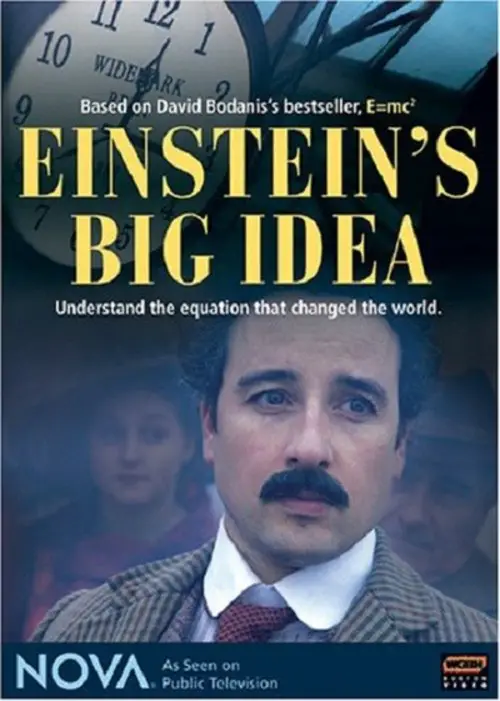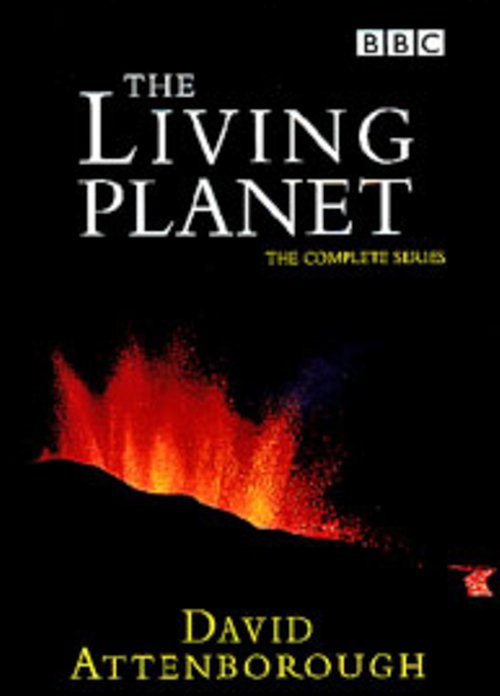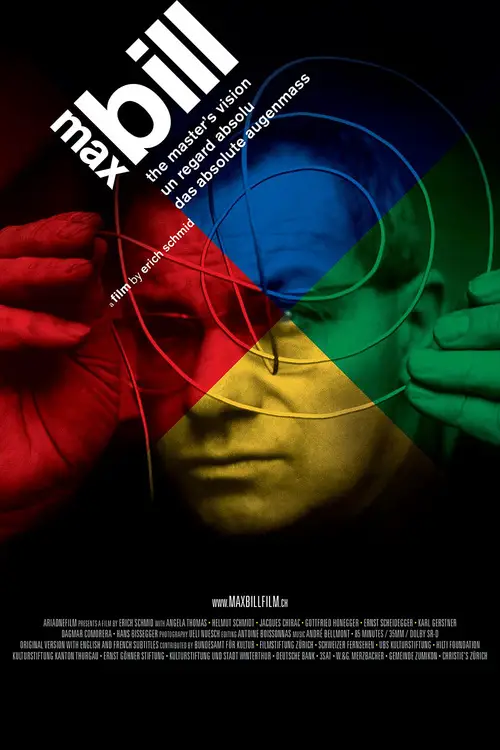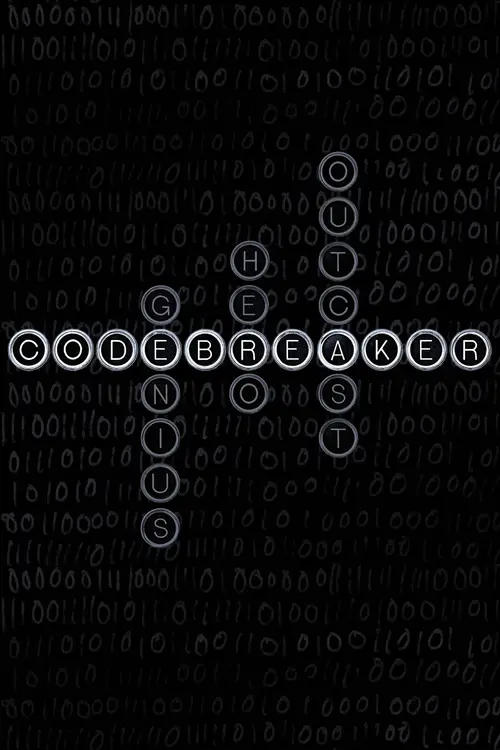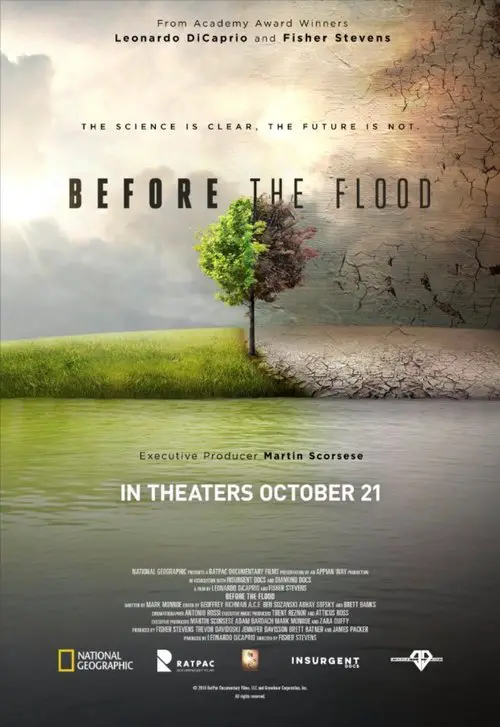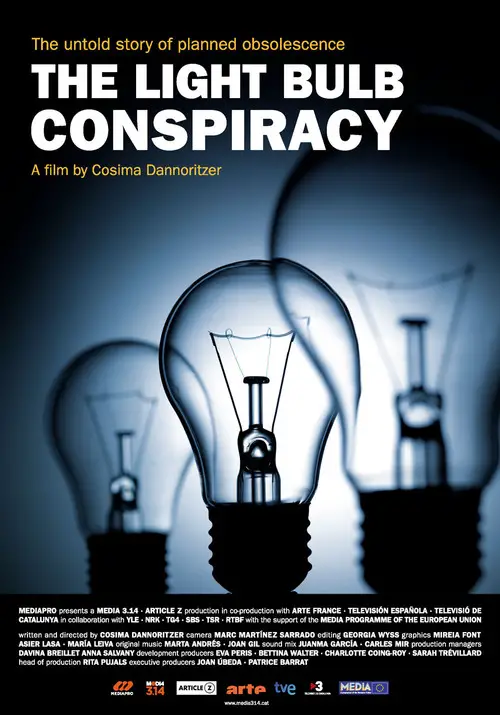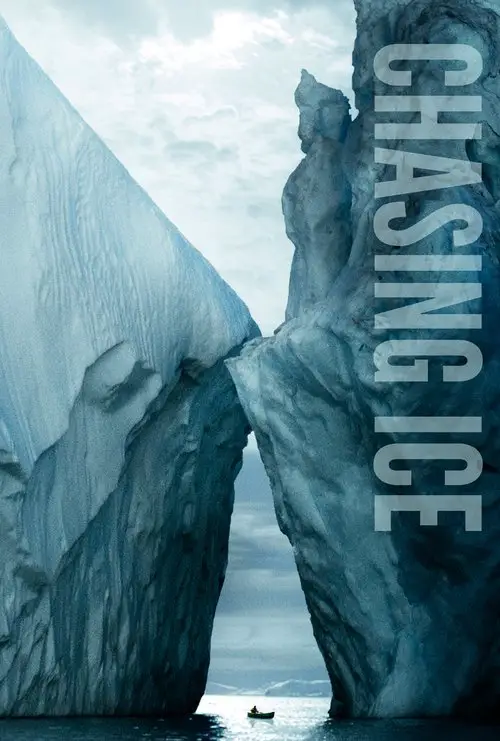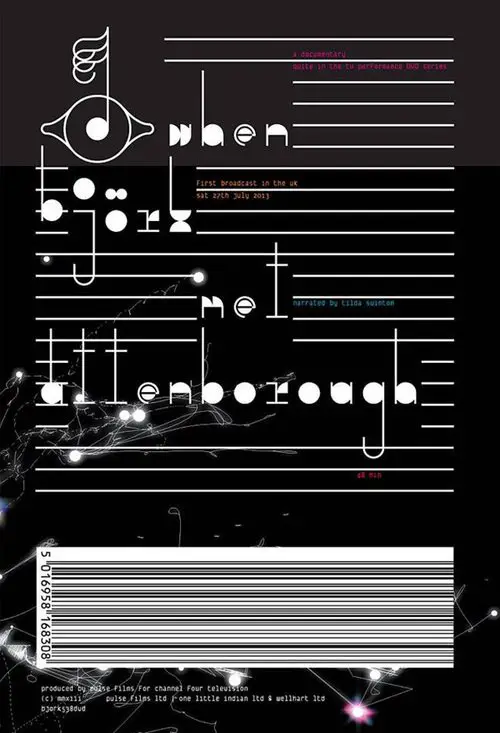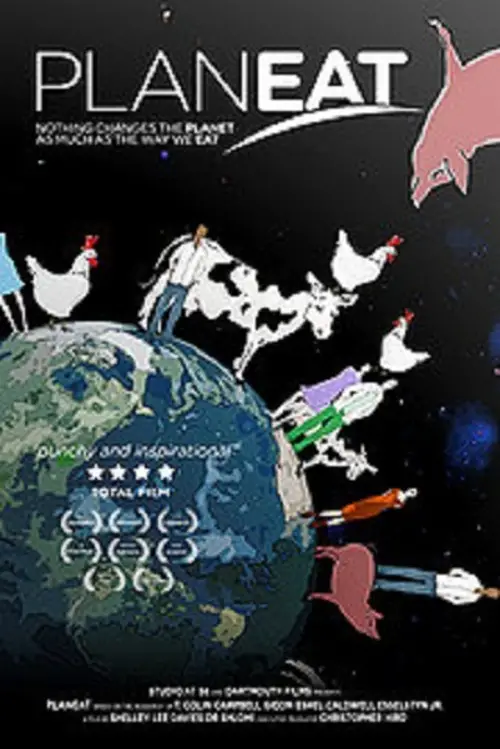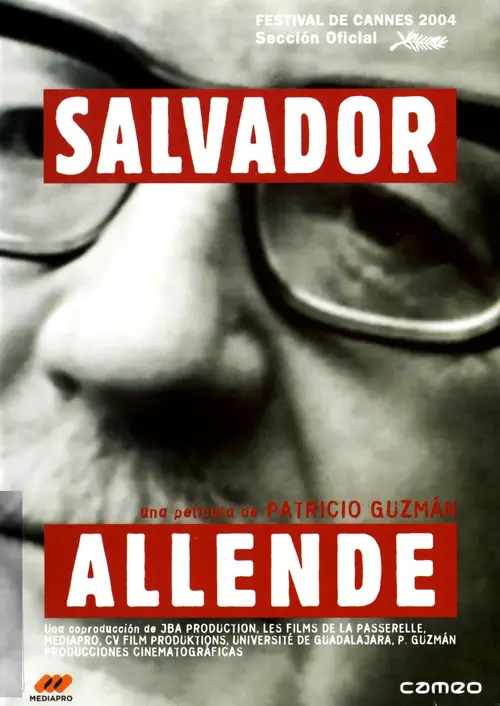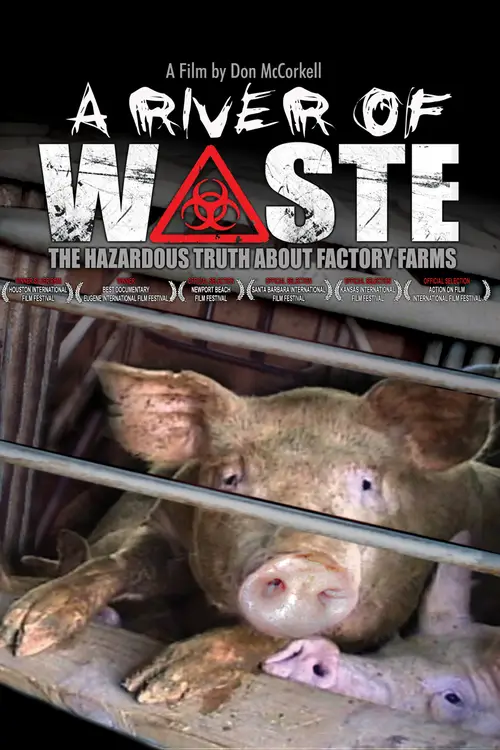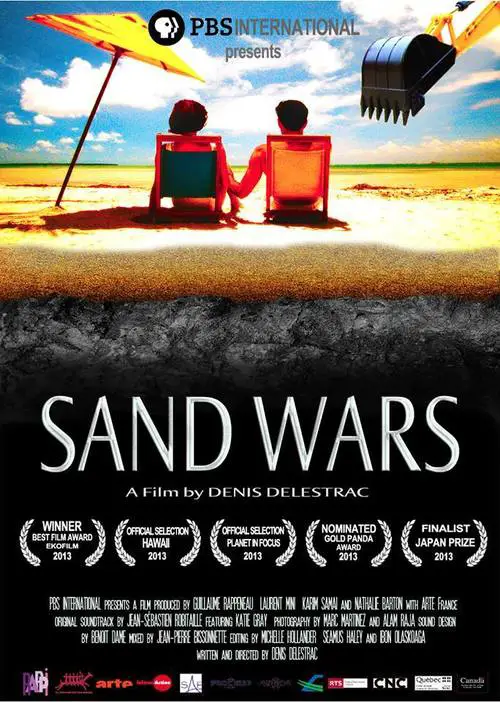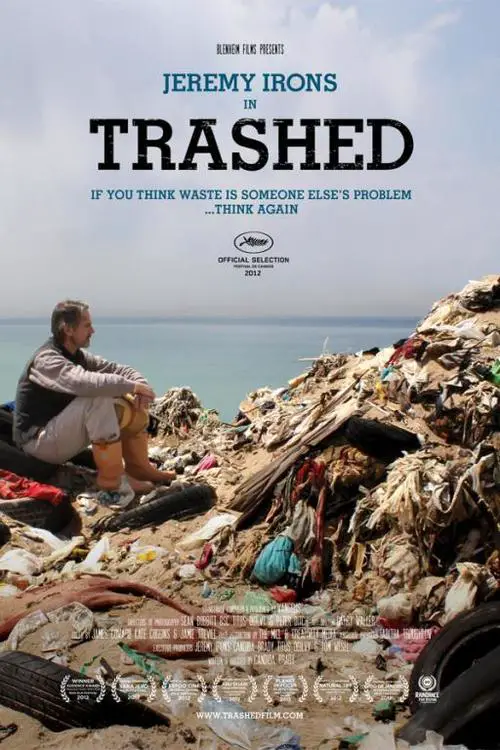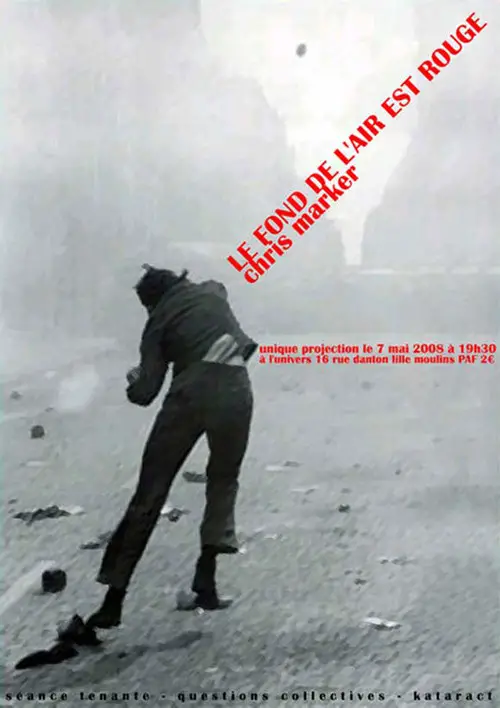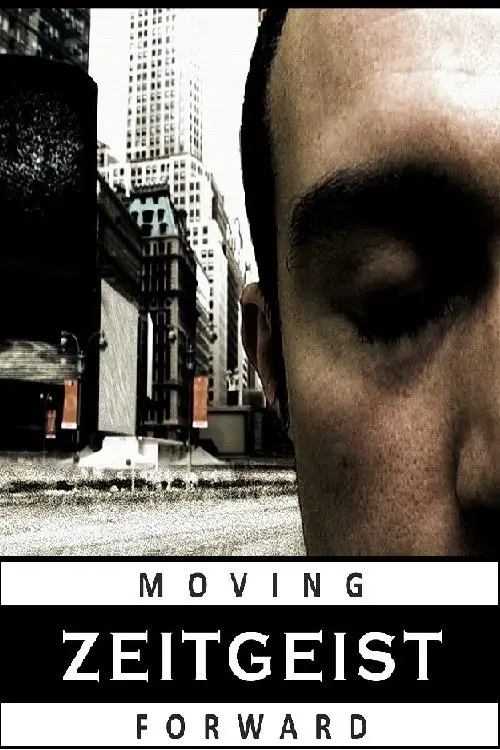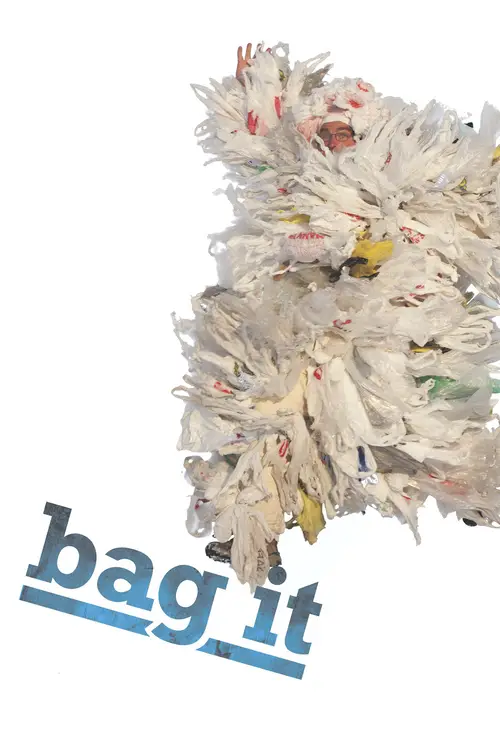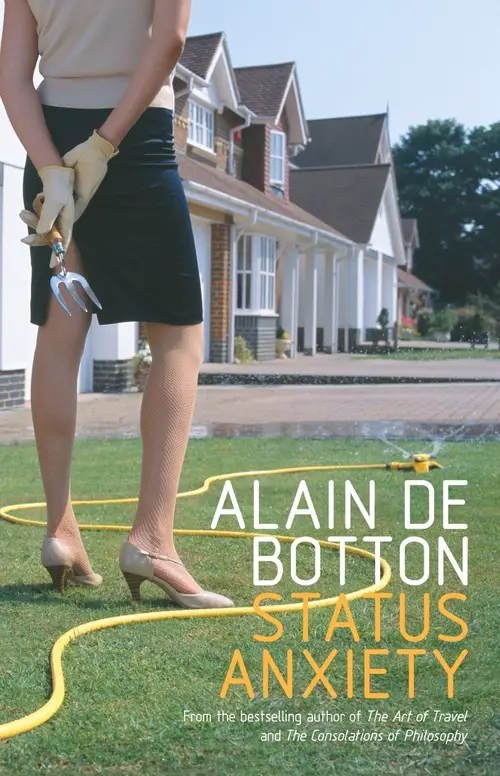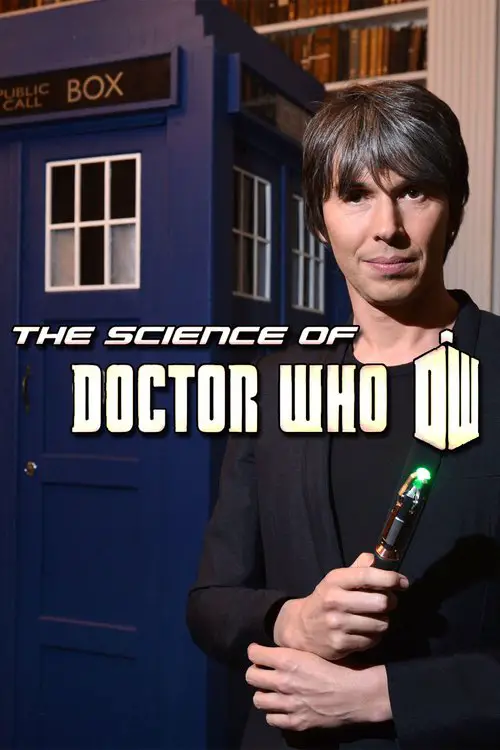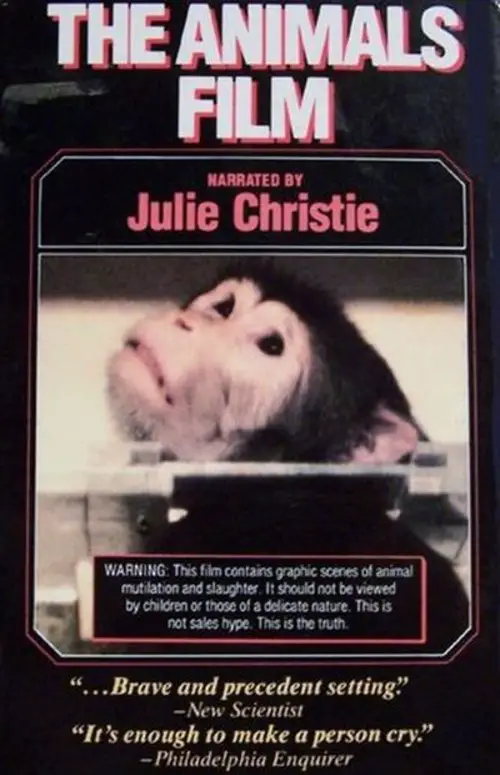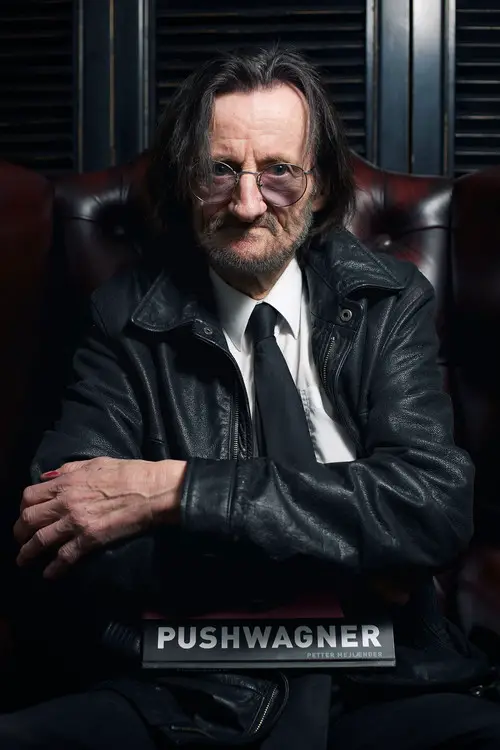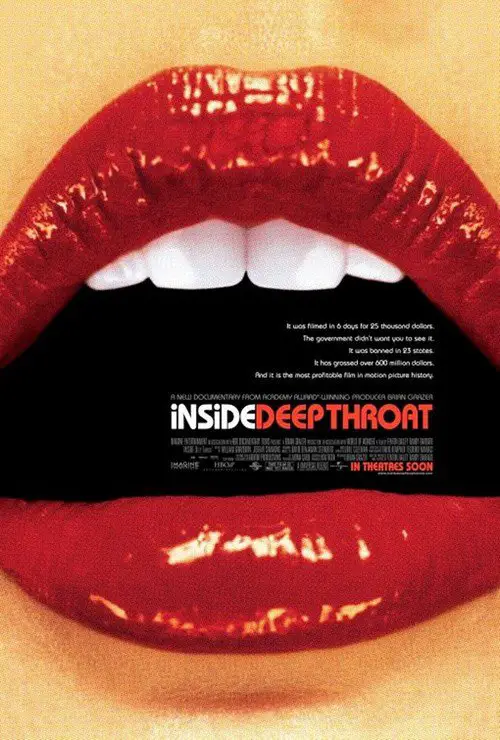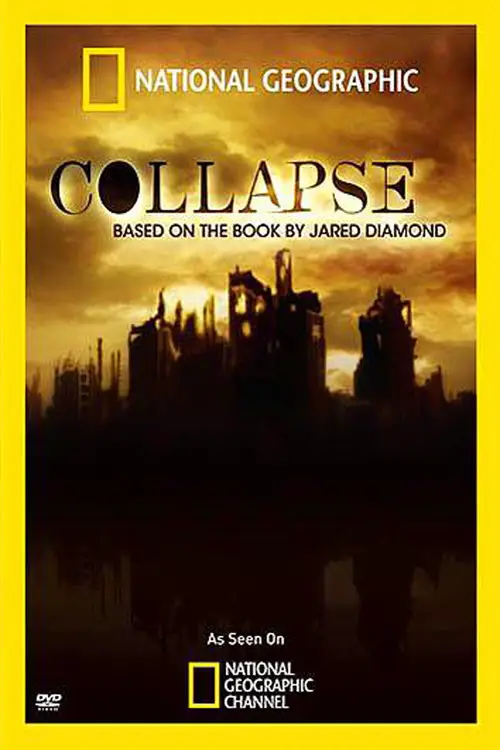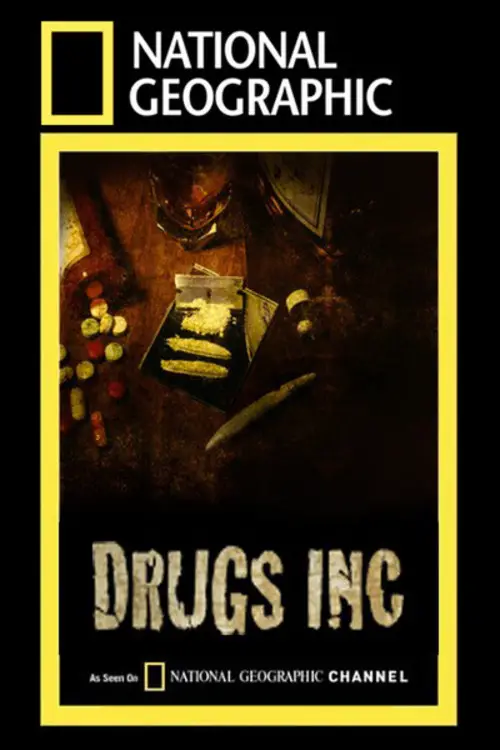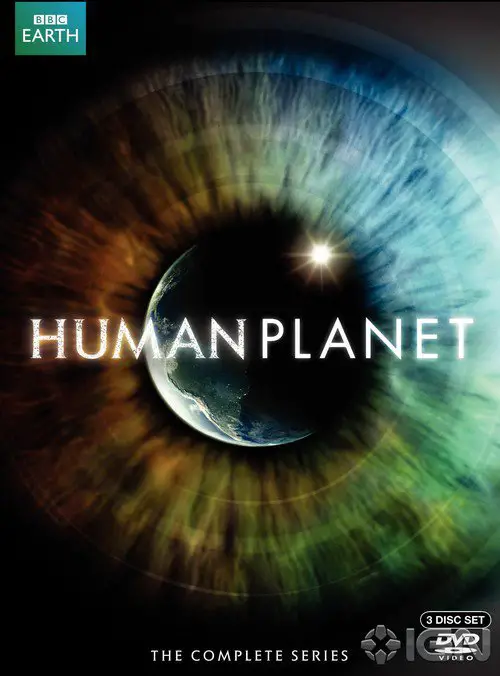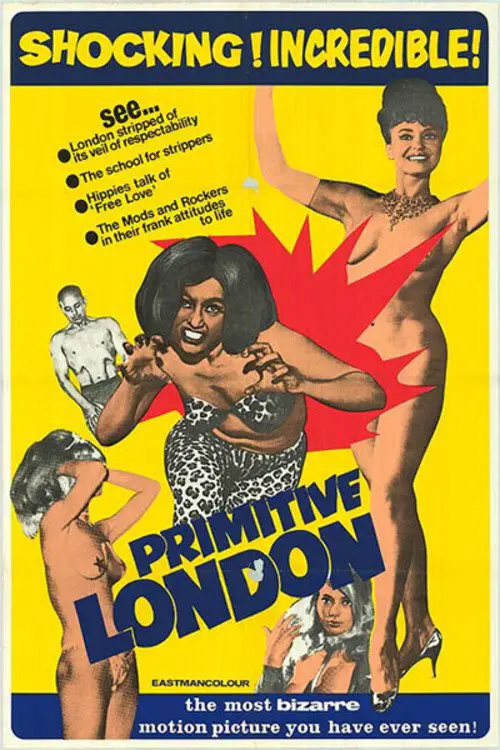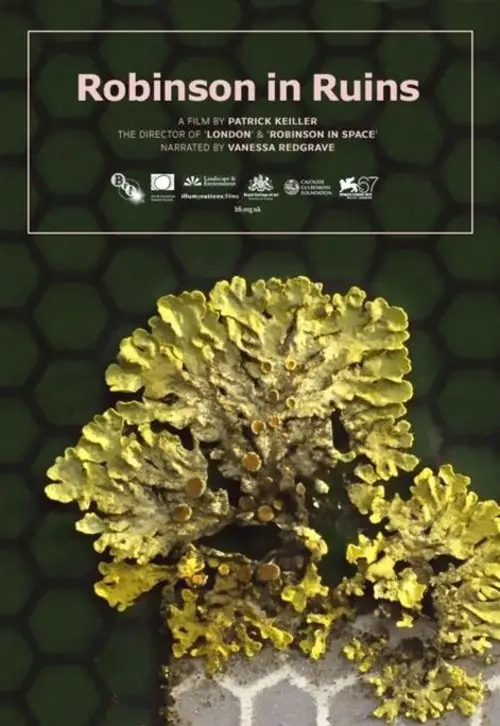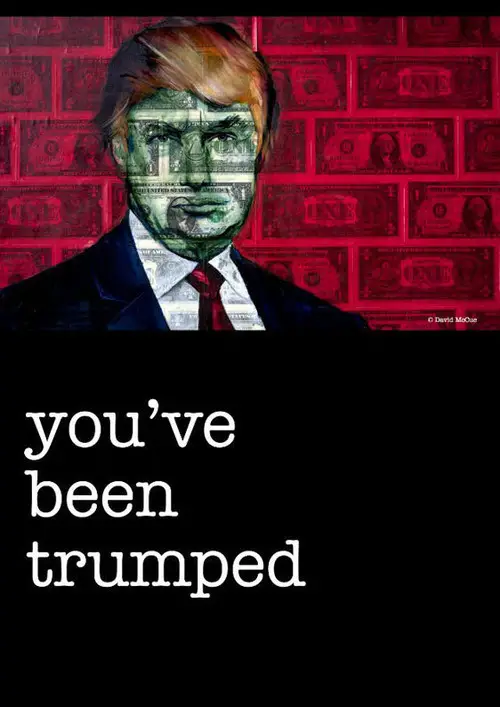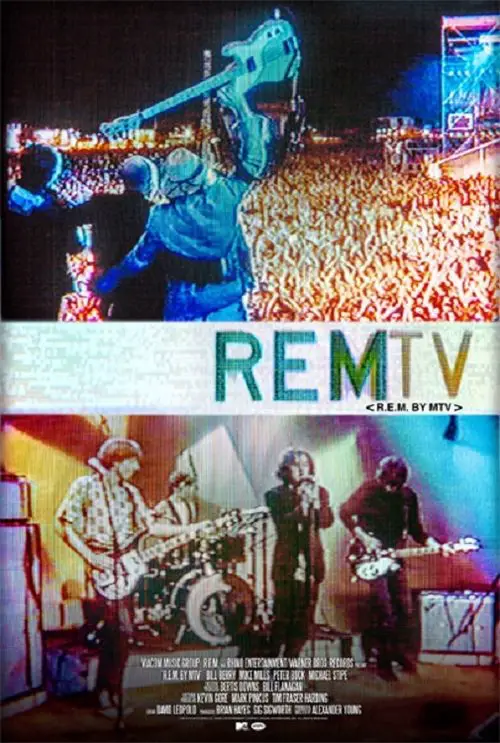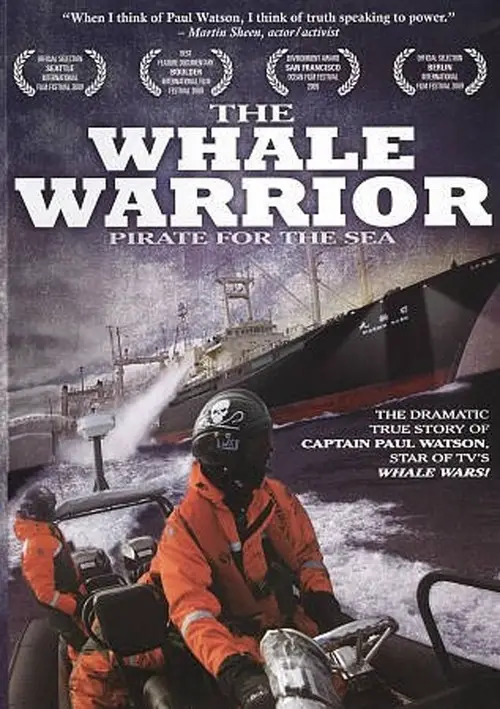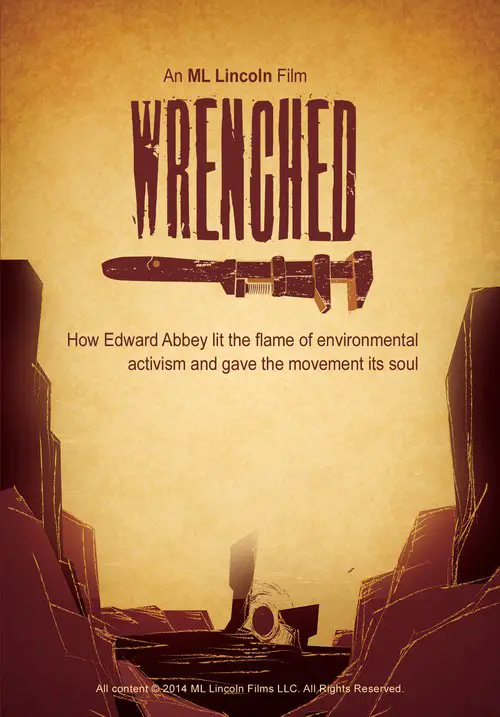Sacro GRA (2013)
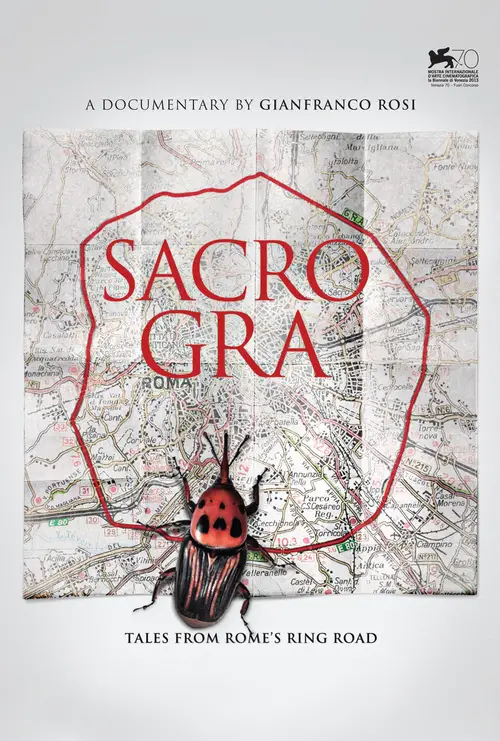
Similar movies
In the valleys of Appalachia, a battle is being fought over a mountain, the consequences of which affect every American; it's a battle that has taken innocent lives and threatens to take more. It is a battle over protecting our health and environment from the destructive power of Big Coal. Mining and burning coal is at the epicenter of America's struggle to balance its energy needs with environmental and health concerns. Nowhere is that concern greater than in Coal River Valley, West Virginia, where a small but passionate group of ordinary citizens are trying to stop Big Coal corporations, like Massey Energy, from continuing the devastating practice of Mountain Top Removal.
A look at the state of the global environment including visionary and practical solutions for restoring the planet's ecosystems. Featuring ongoing dialogues of experts from all over the world, including former Soviet Prime Minister Mikhail Gorbachev, renowned scientist Stephen Hawking, former head of the CIA R. James Woolse
Virunga in the Democratic Republic of the Congo is Africaâs oldest national park, a UNESCO world heritage site, and a contested ground among insurgencies seeking to topple the government that see untold profits in the land. Among this ongoing power struggle, Virunga also happens to be the last natural habitat for the critically endangered mountain gorilla. The only thing standing in the way of the forces closing in around the gorillas: a handful of passionate park rangers and journalists fighting to secure the parkâs borders and expose the corruption of its enemies. Filled with shocking footage, and anchored by the surprisingly deep and gentle characters of the gorillas themselves, Virunga is a galvanizing call to action around an ongoing political and environmental crisis in the Congo.
In Japanâs crowded archipelago, there are still places where nature thrives â and Japan has a surprisingly vast range of landscapes, from the far north, where sea eagles walk on frozen seas, to subtropical southern islands, with coral reefs and volcanoes, and the central islands, with forested mountains, home to bears and monkeys. This series explores how life survives across these islands, and how humans and wildlife have found ways to live alongside the forces of nature and embrace them in quintessential ways.
Today in the United States, by the simple acts of feeding ourselves, we are unwittingly participating in the largest experiment ever conducted on human beings. Each of us unknowingly consumes genetically engineered food on a daily basis. The risks and effects to our health and the environment are largely unknown. Yet more and more studies are being conducted around the world, which only provide even more reason for concern. We are the oblivious guinea pigs for wide-scale experimentation of modern biotechnology. GMO OMG tells the story of a fathers discovery of GMOs in relationship to his 3 young children and the world around him. We still have time to heal the planet, feed the world, and live sustainably. But we have to start now!
A look at man's relationship with Dirt. Dirt has given us food, shelter, fuel, medicine, ceramics, flowers, cosmetics and color --everything needed for our survival. For most of the last ten thousand years we humans understood our intimate bond with dirt and the rest of nature. We took care of the soils that took care of us. But, over time, we lost that connection. We turned dirt into something "dirty." In doing so, we transform the skin of the earth into a hellish and dangerous landscape for all life on earth. A millennial shift in consciousness about the environment offers a beacon of hope - and practical solutions.
The atomic bomb, the specter of a global nuclear holocaust, and disasters like Fukushima have made nuclear energy synonymous with the darkest nightmares of the modern world. But what if everyone has nuclear power wrong? What if people knew that there are reactors that are self-sustaining and fully controllable and ones that require no waste disposal? What if nuclear power is the only energy source that has the ability to stop climate change?
Humanityâs ascent is often measured by the speed of progress. But what if progress is actually spiraling us downwards, towards collapse? Ronald Wright, whose best-seller, âA Short History Of Progressâ inspired âSurviving Progressâ, shows how past civilizations were destroyed by âprogress trapsââalluring technologies and belief systems that serve immediate needs, but ransom the future. As pressure on the worldâs resources accelerates and financial elites bankrupt nations, can our globally-entwined civilization escape a final, catastrophic progress trap? With potent images and illuminating insights from thinkers who have probed our genes, our brains, and our social behaviour, this requiem to progress-as-usual also poses a challenge: to prove that making apes smarter isnât an evolutionary dead-end.
The time has come for a ski film that stands for something. Join us as we unite spectacular cinematography with creative cinematic language to fuse our passion for skiing with our potential to help the environment. In bringing the planet to life and drawing parallels between our daily existence, we find common ground between the global situation and the real individual. Epic natural cinematography, ground breaking skiing from Chile to Greenland, and an environmental engagement that creates an accessible identification point for the viewer, leaving them with an inspiring new perspective.
Planet Earth: The Future is a 2006 BBC documentary miniseries on the environment and conservation, produced by the BBC Natural History Unit as a companion to the multi-award winning nature documentary Planet Earth. The programmes were originally broadcast on BBC Four immediately after the final three episodes of Planet Earth on BBC One. Each episode highlights the conservation issues surrounding some of the species and environments featured in Planet Earth, using interviews with the film-makers and eminent figures from the fields of science, conservation, politics, and theology. The programmes are narrated by Simon Poland and the series producer was Fergus Beeley.
Koch Brothers Exposed is a hard-hitting investigation of the 1% at its very worst. This full-length documentary film on Charles and David Kochâtwo of the worldâs richest and most powerful menâis the latest from acclaimed director Robert Greenwald (Wal-Mart: the High Cost of Low Price, Outfoxed, Rethink Afghanistan). The billionaire brothers bankroll a vast network of organizations that work to undermine the interests of the 99% on issues ranging from Social Security to the environment to civil rights. This film uncovers the Kochsâ corruptionâand points the way to how Americans can reclaim their democracy.
The setup of a show is the starting point for the reconstruction of an unparalleled trajectory in the cultural scenery of Brazil. Vinicius' life, his friends, his loves... Author of more than 400 poetries and 400 lyrics to songs, the creative essence of the artist and the daily philosophy, as well as Rio de Janeiro's transformations through rare archive footage, interviews and the interpretation of many of his classics build this wonderful documentary film.
The film about Max Bill (1908-1994) moves between the dynamic fields of art, aesthetics and politics. Max Bill was probably the most important swiss artist of the 20th century and the most famous student to come out of the legendary Bauhaus in Dessau. He was an ardent anti-fascist and all his avant-garde work as an artist, sculptor, architect and typographer showed a social responsibility and environmental awareness right through his life. His views have become incredibly topical.
One of the most ambitious and exciting theories ever proposedâone that may be the long-sought "theory of everything," which eluded even Einsteinâgets a masterful, lavishly computer-animated explanation from bestselling author-physicist Brian Greene, when NOVA presents the nuts, bolts, and sometimes outright nuttiness of string theory.
In The Private Life of Plants, David Attenborough takes us on a guided tour through the secret world of plants, to see things no unaided eye could witness. He shows us the struggles of plants to survive in a story that is full of extraordinary drama and breath-taking beauty.Each programme in this six-part series focuses on one of the critical stages through which every plant must pass if it is to survive:- travelling, growing, and flowering; struggling with one another; creating alliances with other organisms both plant and animal; and evolving complex ways of surviving in the earth's most ferociously hostile environments.
Alan Turing is the genius British mathematician who was instrumental in breaking the German naval Enigma Code during World War II, arguably saving millions of lives. Turing's achievements went unrecognised during his lifetime. Instead he ended up being treated as a common criminal, for being homosexual at a time when homosexual acts were a crime. In 1952, he was convicted of 'gross indecency' with another man and was forced to undergo so-called 'organo-therapy' - chemical castration. Two years later, he killed himself with cyanide, aged just 41. Alan Turing was driven to a terrible despair and early death by the nation he'd done so much to save.
Once upon a time... consumer goods were built to last. Then, in the 1920âs, a group of businessmen realized that the longer their product lasted, the less money they made, thus Planned Obsolescence was born, and manufacturers have been engineering products to fail ever since.
Combining investigative research and rare archive footage with analysis by those working on ways to save both the economy and the environment, this documentary charts the creation of âengineering to failâ, its rise to prominence and its recent fall from grace.
When National Geographic photographer James Balog asked, âHow can one take a picture of climate change?â his attention was immediately drawn to ice. Soon he was asked to do a cover story on glaciers that became the most popular and well-read piece in the magazine during the last five years. But for Balog, that story marked the beginning of a much larger and longer-term project that would reach epic proportions.
Award-winning musician Björk and legendary broadcaster and naturalist Sir David Attenborough have admired each other's work for years but this is the first time they have discussed their mutual love of music and the natural world on screen. In this remarkable documentary, Björk explores our unique relationship with music and discovers how technology might transform the way we engage with it in the future.
A leftist revolutionary or a reformist democrat? A committed Marxist or a constitutionalist politician? An ethical and moral man or, as Richard Nixon called him, a "son of a bitch"? In SALVADOR ALLENDE, acclaimed Chilean filmmaker Patricio Guzmán (The Battle of Chile and Chile, Obstinate Memory) returns to his native country thirty years after the 1973 military coup that overthrew Chile's Popular Unity government to examine the life of its leader, Salvador Allende, both as a politician and a man.
This documentary tells details how the practice wreaks havoc on the environment and on consumers' health. Through disturbing footage and interviews with experts, director Don McCorkell paints a disturbing portrait of a food system that uses hormones, antibiotics and arsenic to increase its output with little regard for the damage it causes.
Trashed - looks at the risks to the food chain and the environment through pollution of our air, land and sea by waste. The film reveals surprising truths about very immediate and potent dangers to our health. It is a global conversation from Iceland to Indonesia between the film star Jeremy Irons and scientists, politicians and ordinary individuals whose health and livelihoods have been fundamentally affected by waste pollution. Visually and emotionally the film is both horrific and beautiful: an interplay of human interest and political wake-up call. But it ends on a message of hope: showing how the risks to our survival can easily be averted through sustainable approaches that provide far more employment than the current 'waste industry.'
Zeitgeist: Moving Forward, by director Peter Joseph, is a feature length documentary work which will present a case for a needed transition out of the current socioeconomic monetary paradigm which governs the entire world society. This subject matter will transcend the issues of cultural relativism and traditional ideology and move to relate the core, empirical "life ground" attributes of human and social survival, extrapolating those immutable natural laws into a new sustainable social paradigm called a "Resource-Based Economy".
An average guy makes a resolution to stop using plastic bags at the grocery store. Little does he know that this simple decision will change his life completely. He comes to the conclusion that our consumptive use of plastic has finally caught up to us, and looks at what we can do about it. Today. Right now.
A historical analysis of how groups such as the Naziâs may use language, symbols, and religious connotation in order to come to power. It raises questions that deserve in depth analysis and consideration. Questions include: Where do legends expand our thinking and where do they bury it? When does spiritual pursuit suddenly turn into fanaticism and violence? Last, have we as a society learned from our past, and if so have forgotten the lessons of the 20th Century? Are we now embarking on a new level only to learn the same old lessons about humanity again? In addressing these questions we are taken into the back drop of the history of Germany beginning in the late 1800âs through the late 20th Century at the eve of the 21st. âA society that does not take archetypes, myths, and symbols seriously will possibly be jumped by them from behind.â
Behind the success of Hariton Pushwagner we find a dramatic story about a son of a wealthy family who became homeless, only to end up as a celebrated artist. Pushwagner himself says, "It's not true but it's a good story". Against this backdrop, the film reflects on what the reality of Pushwagner is, both as an artist and a human being.
In 1972, a seemingly typical shoestring budget pornographic film was made in a Florida hotel, "Deep Throat," starring Linda Lovelace. This film would surpass the wildest expectation of everyone involved to become one of the most successful independent films of all time. It caught the public imagination which met the spirit of the times, even as the self appointed guardians of public morality struggled to suppress it, and created, for a brief moment, a possible future where sexuality in film had a bold artistic potential. This film covers the story of the making of this controversial film, its stunning success, its hysterical opposition along with its dark side of mob influence and allegations of the on set mistreatment of the film's star. In short, the combined events would redefine the popular appeal of pornography, even as more cynical developments would lead it down other paths.
How could a civilization that mastered the planet suddenly Collapse? Inspired by the New York Times best-selling book "Collapse: How Societies Choose to Fail or Succeed", NGC time travels 200 years into the future to see what the world would look like after civilization as we know it collapsed. Guided by author Jared Diamond, we'll piece together the remarkable story of what on earth triggered our decline.
Two young North Korean gymnasts prepare for an unprecedented competition in this documentary that offers a rare look into the communist society and the daily lives of North Korean families. For more than eight months, film crews follow 13-year-old Pak Hyon Sun and 11-year-old Kim Song Yun and their families as the girls train for the Mass Games, a spectacular nationalist celebration.
Human Planet is an 8-part British television documentary series produced by the BBC with co-production from Discovery and BBC Worldwide. It describes the human species and its relationship with the natural world by showing the remarkable ways humans have adapted to life in every environment on Earth. Each episode takes you to the extremes of our planet: the arctic, mountains, oceans, jungles, grasslands, deserts, rivers and even the urban jungle. Here you will meet people who survive by building complex, exciting and often mutually beneficial relationships with their animal neighbours and the hostile elements of the natural world.
The sensational follow-up to "London in the Raw," "Primitive London" sets out to reflect society's decay through a sideshow spectacle of 1960s London depravityâand manages to outdo its predecessor. Here, we confront mods, rockers and beatniks at the Ace Café, cut some rug with obscure beat band The Zephyrs, smirk at flabby men in the sauna and goggle at sordid wife-swapping parties as we discover a pre-permissive Britain still trying to move on from the post-war depression of the 1950s.
The eagerly awaited sequel to Patrick Keiller's London and Robinson in Space is a beautifully photographed cinematic essay on our current environmental and economic predicament, narrated by Vanessa Redgrave. Timely, provocative and studded with surreal humour, Robinson in Ruins reveals hidden histories and surprising visions (from the opium poppy fields of Oxfordshire to what seems to be a talking post box), making us consider the world around us afresh.
Shut Up and Sing is a documentary about the country band from Texas called the Dixie Chicks and how one tiny comment against President Bush dropped their number one hit off the charts and caused fans to hate them, destroy their CDâs, and protest at their concerts. A film about freedom of speech gone out of control and the three girls lives that were forever changed by a small anti-Bush comment
"Go Further" explores the idea that the single individual is the key to large-scale transformational change. The film follows actor Woody Harrelson as he takes a small group of friends on a bio-fueled bus-ride down the Pacific Coast Highway. Their goal? To show the people they encounter that there are viable alternatives.
A documentary on Paul Watson, who takes the law into his own hands on the open seas, confronting, by any nonviolent means necessary, the hunters who indiscriminately slaughter whales, seals and sharks, along with complicit governments and environmental organizations. Written by Anonymous "Pirate for the Sea" is a biographical film of Captain Paul Watson, the youngest founding member of Greenpeace Canada. He organized early campaigns protesting the killing of seals, whales, and dolphins. Greenpeace ejected him for being too much of an activist. Starting his own organization, the Sea Shepherd Conservation Society, he went on to sink illegal whaling ships, stopped Canadian seal hunts for ten years, permanently halted sealing in British Isles, killing of dolphins on Iki Island, Japan, etc. This documentary witnesses his latest campaigns and explores the personal and environmental history of this controversial marine conservationist. Written by R.C.
© Valossa 2015–2026
| Privacy Policy
